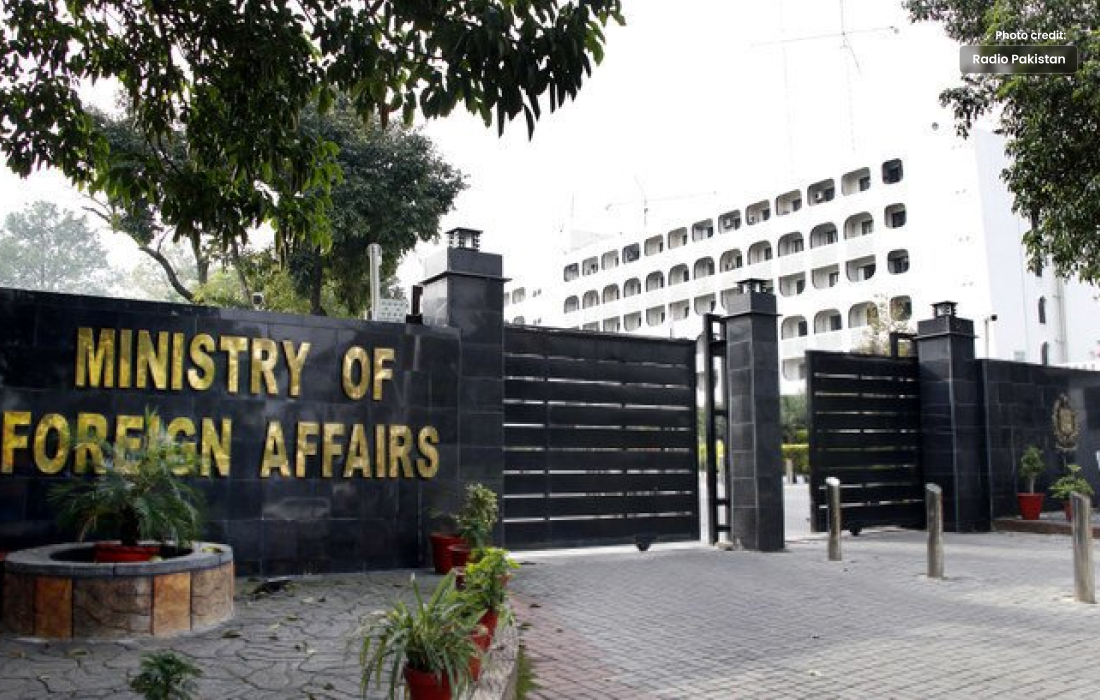
Foreign Office dismisses Indian accusations as baseless and frivolous.
During a press conference in Vienna, Indian External Affairs Minister Subrahmanyam Jaishankar made a veiled allusion to the fact that the effects of cross-border terrorism cannot be contained to a single geographic area.
Particularly when they are intricately linked to the trafficking of illegal drugs and weapons and other types of international crime.
Without mentioning Pakistan, Jasishankar said,
“Since the epicentre (of terrorism) is so near to India, our experiences and insights are inherently helpful to others.”
In response to questions from the media regarding the Indian minister’s statement, the FO spokesperson insisted that,
India has been in a malicious campaign for the past few years to deceive the international community by spreading “vile anti-Pakistan propaganda” and a “fictitious narrative of victimhood.” This practice ought to end.
The Spokesperson stated
Despite India’s persistent anti-Pakistan rhetoric, the country’s open support for terrorism on Pakistani soil and the existence of state-sponsored terrorism in Indian Illegally Occupied Jammu and Kashmir (IIOJK) cannot be hidden.
Instead of blaming others, the FO officer counselled India to stop its baseless and frivolous accusations against Pakistan.
The spokesperson claimed that a few weeks ago, a dossier with concrete proof of India’s complicity in the 2021 terrorist assault in a quiet Lahore neighbourhood was made public.
“The evidence of Indian involvement in terrorism and sabotage spans decades and geographical areas, from the 2007 Samjhota Express incident, which resulted in the deaths of more than 40 Pakistani nationals on Indian land, to the 2016 arrest of Kulbhushan Jadhav, a serving Indian Navy Commander, from inside Pakistan.”
By highlighting the “saffron terror” of the Rashtriya Swayamsevak Sangh (RSS), a group of Hindu supremacist paramilitary volunteers who have influenced Prime Minister Narendra Modi and helped shape his political ideology, Foreign Minister Bilawal Bhutto Zardari earlier delivered a scathing rebuttal to India’s renewed call for terrorism against Pakistan.
When he served as the state’s chief minister in 2002, Modi earned the nickname “Butcher of Gujarat,” and Bilawal used it to describe him.
India was upset by Bilawal’s criticism of Modi, which prompted the Bharatiya Janata Party, the country’s ruling party, to call for a national protest (BJP).
“I would like to remind the Indian Minister of External Affairs that although Osama Bin Laden is no longer alive, the Butcher of Gujarat is still in power in India. After India’s foreign minister S. Jaishankar accused Pakistan of being the “epicentre of terrorism” for “harbouring Osama bin Laden,” Bilawal claimed that he had been barred from entering the nation until he was elected prime minister.



